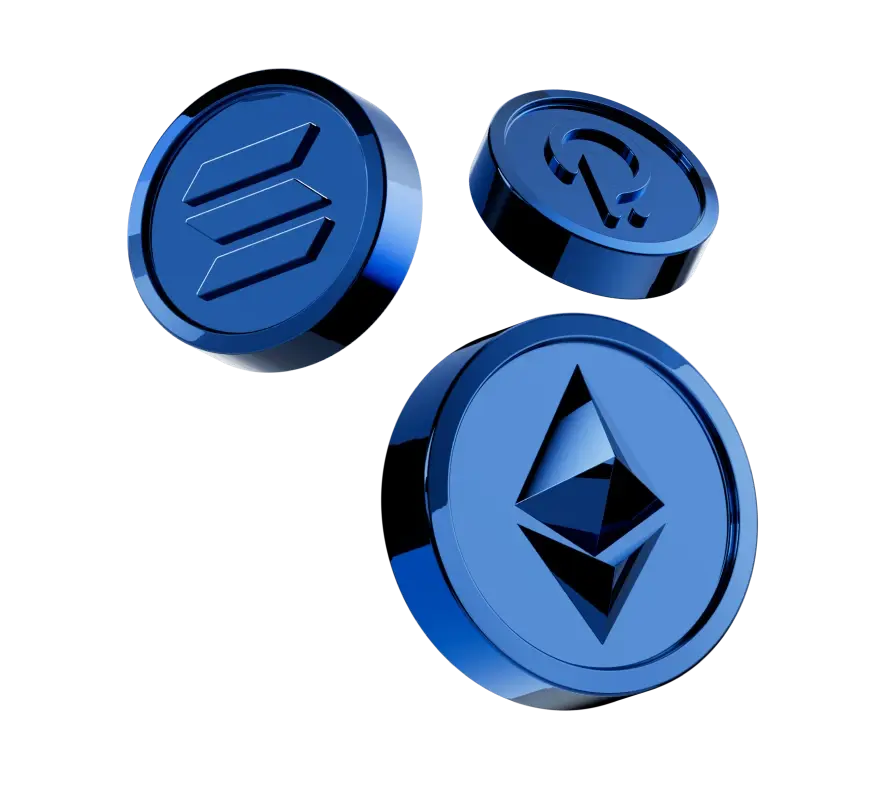IntroductioN
Blockchain technology has revolutionized the way we transact and exchange value. One of the key features of blockchain is its ability to allow developers to fork existing networks and create their own tokens. Forking a blockchain network enables developers to build upon an existing infrastructure, benefiting from the security, decentralization, and consensus mechanisms already in place. In this article, we will explore some of the best blockchain networks to fork tokens on.
Ethereum
Ethereum is undoubtedly one of the most popular blockchain networks for token creation and forking. It is an open-source platform that allows developers to build decentralized applications (DApps) and create their own tokens using smart contracts. Ethereum’s flexibility, large developer community, and extensive documentation make it an ideal choice for forking tokens.
One of the main advantages of forking tokens on Ethereum is the interoperability it offers. Ethereum’s ERC-20 standard has become the industry standard for creating tokens, ensuring that tokens created on the Ethereum network can easily interact with other Ethereum-based projects and wallets. This interoperability opens up a wide range of possibilities for developers and enhances the liquidity and usability of the tokens.
Binance Smart Chain
Binance Smart Chain (BSC) is another popular blockchain network for forking tokens. Launched by Binance, one of the largest cryptocurrency exchanges, BSC provides a high-performance infrastructure for creating decentralized applications and tokens. BSC is compatible with the Ethereum Virtual Machine (EVM), which means that developers can easily port their Ethereum-based projects to BSC with minimal modifications.
One of the key advantages of forking tokens on BSC is the low transaction fees. Compared to Ethereum, BSC offers significantly lower transaction fees, making it more cost-effective for users. This has led to a surge in popularity for BSC, particularly for projects that require frequent transactions or microtransactions.
Tron
Tron is a blockchain network that aims to decentralize the internet by providing a platform for content creators to directly connect with consumers. Tron’s high throughput, low transaction fees, and scalability make it an attractive choice for forking tokens.
One of the main advantages of forking tokens on Tron is the network’s focus on entertainment and gaming. Tron has a large and active community of developers and users in the entertainment industry, making it an ideal platform for projects in this space. Additionally, Tron’s energy-efficient consensus mechanism, known as Delegated Proof of Stake (DPoS), ensures fast and efficient transaction processing.
Conclusion
When it comes to forking tokens, there are several blockchain networks that offer a solid foundation for developers. Ethereum, Binance Smart Chain, and Tron are among the best blockchain networks to fork tokens on, each offering unique advantages and features.
Ethereum’s flexibility and interoperability make it a popular choice for developers looking to create tokens that can easily interact with other Ethereum-based projects. Binance Smart Chain’s low transaction fees and compatibility with Ethereum make it an attractive option for cost-conscious users. Tron’s focus on entertainment and gaming, along with its high throughput and scalability, make it an ideal platform for projects in these industries.
Ultimately, the choice of blockchain network to fork tokens on will depend on the specific requirements and objectives of the project. It is important to carefully consider factors such as network performance, community support, and ecosystem compatibility when making this decision.
